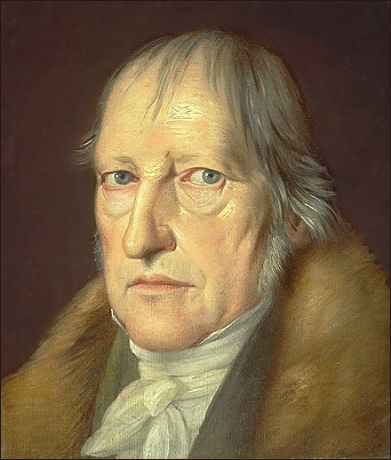Students of the great German philosopher Hegel are familiar with his notion of the dialectical process. It is commonly summed up as the way a prevailing thesis is confronted by an antithesis, which eventually leads to a synthesis. This can be applied to larger cultural thinking, historical movements, and even an individual’s development.
Recently I read a paper by Robert J. Sternberg in which he applied this line of thinking to creativity. He maintains that intelligence is the prevailing status quo “thesis,” against which creative people are seen as nonconformists who think outside the box. This would explain why creative people sometimes have a hard time fitting in.
But of course, being only intelligent isn’t great; nothing new ever happens. Being only creative isn’t great, either. Sternberg proposes that wisdom is the synthesis of these two forces, “balancing the old with the new.” He writes:
Wise people recognize the need to balance intelligence with creativity to achieve both stability and change within a societal context.
(The cited article is “What is the Common Thread of Creativity” from the April 2001 American Psychologist, Vol 56. No. 4, 360–362.)
What are the ramifications of this idea in relation to your own creative process?

Leave a Reply